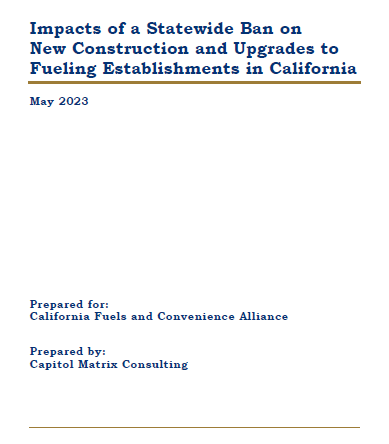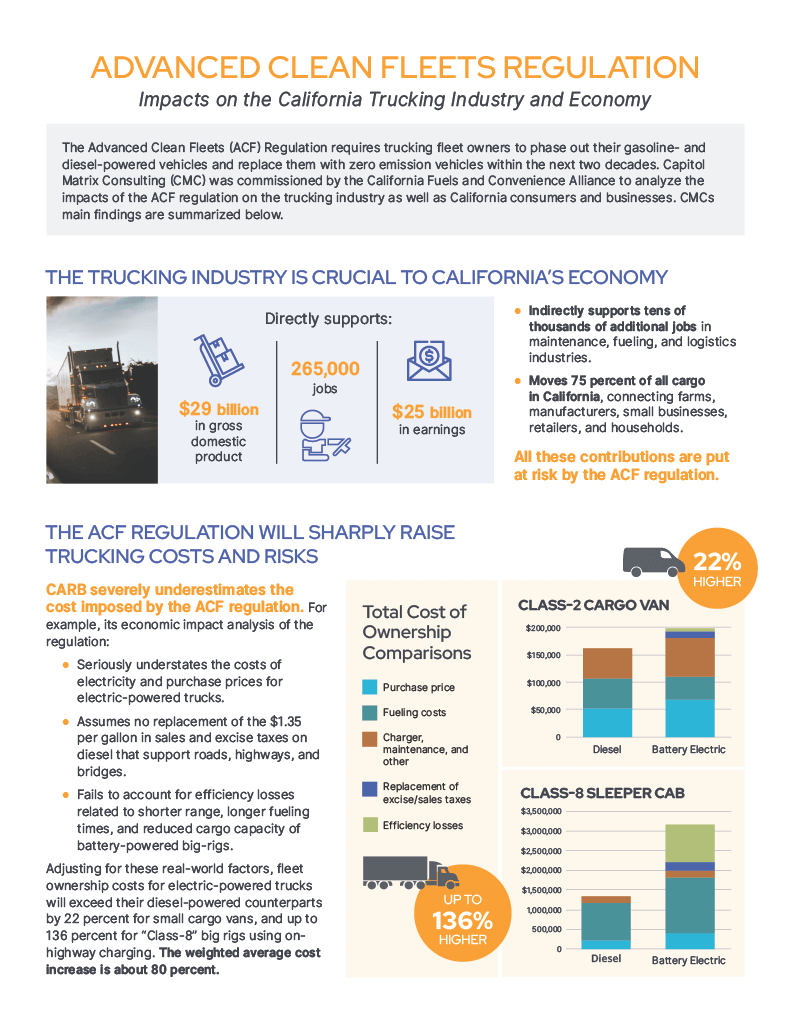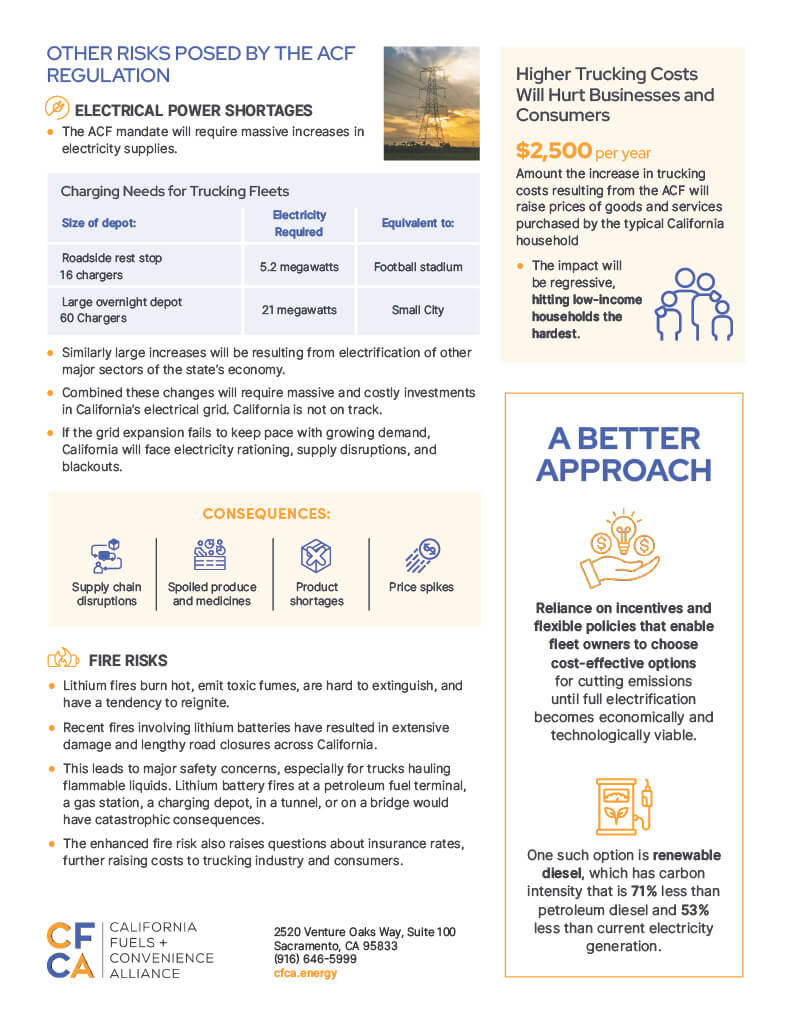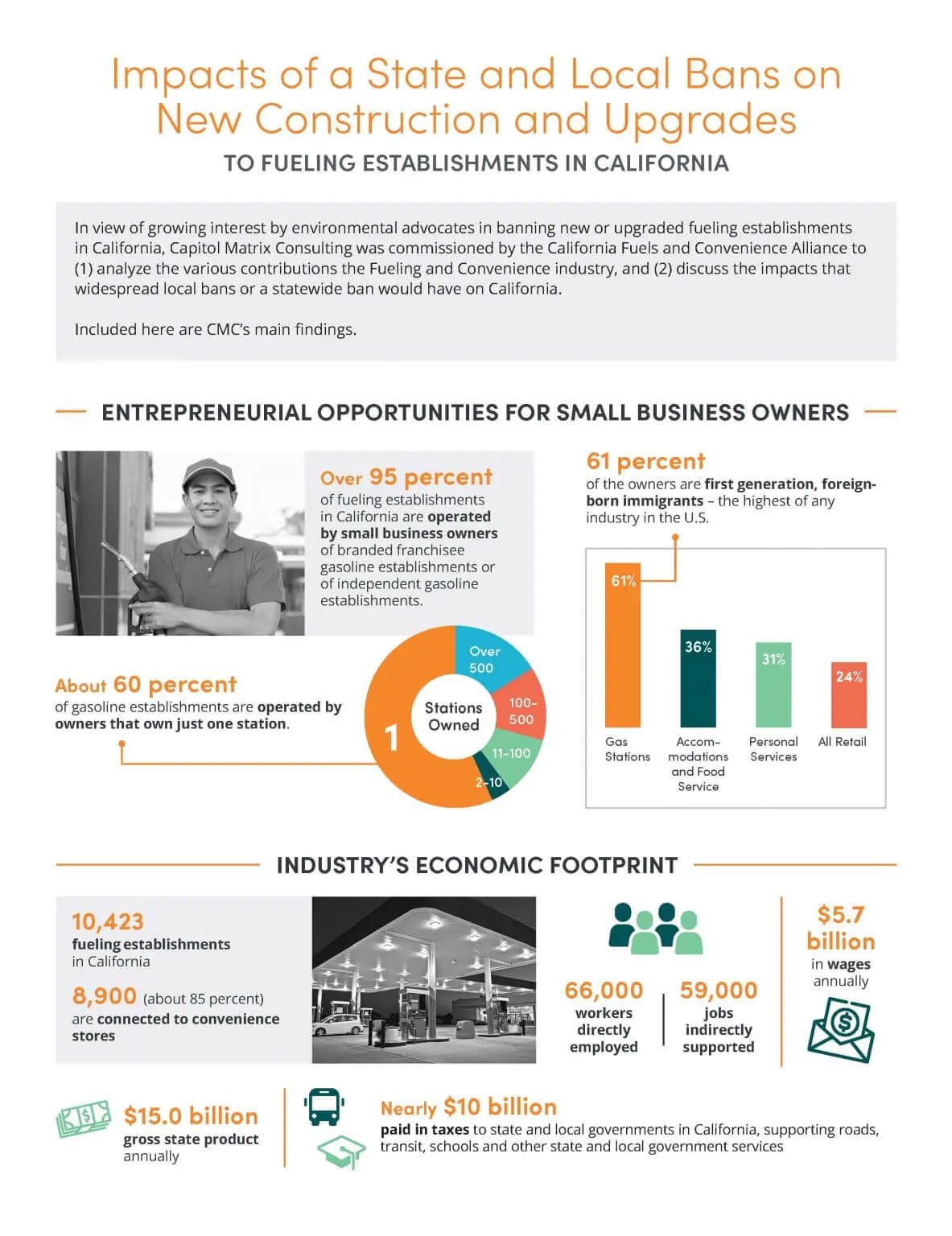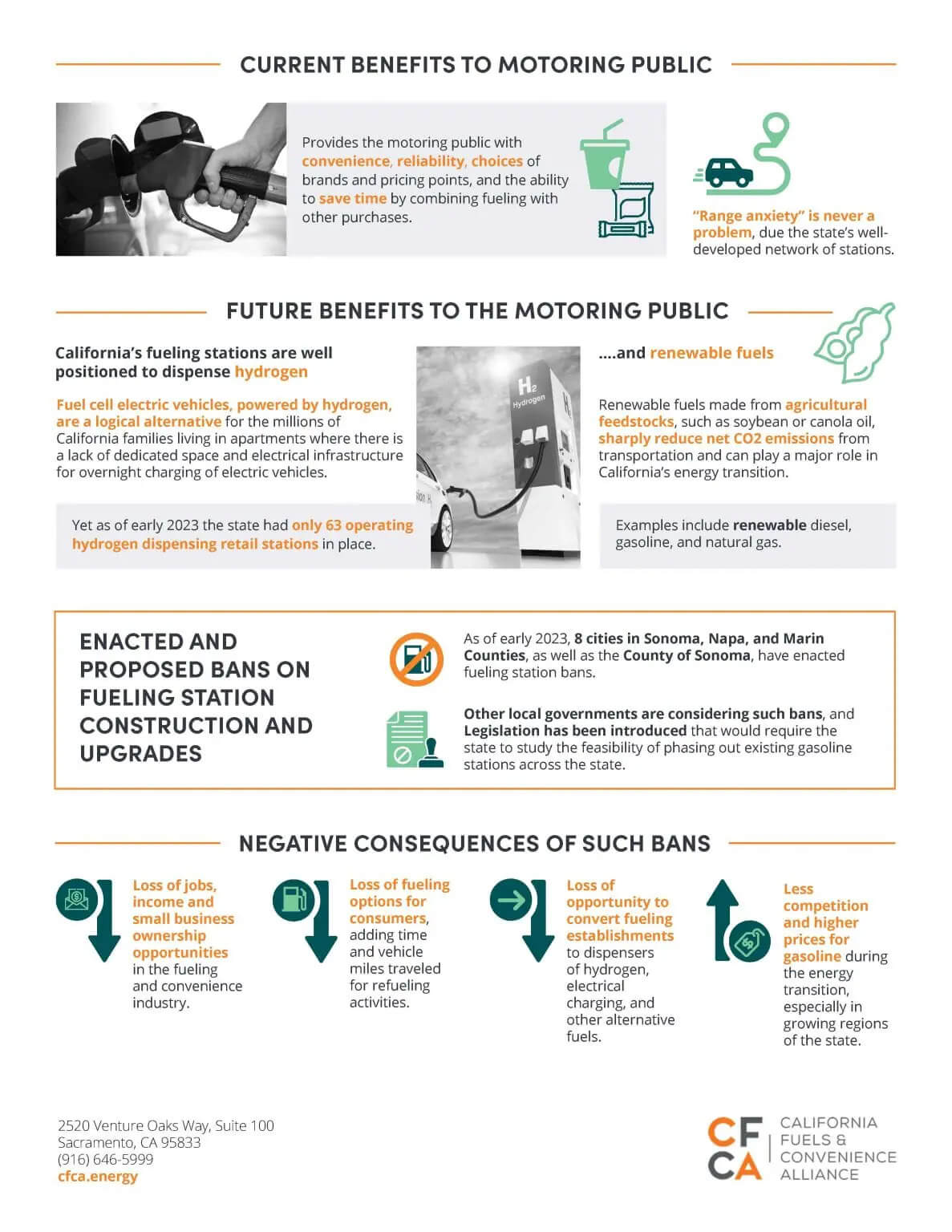California Energy & Fuel Policies: A Clear and Present Threat to National Security and Force Readiness?
By Michael A. Mische, USC Marshall School of Business | Assemblymember Stan Ellis | Michael Ariza, Petroleum Professional & U.S. Navy Veteran
California’s energy future is not just a state concern, it’s a matter of national security. In this groundbreaking research, Professor Michael A. Mische examines how the state’s aggressive energy transition policies are creating vulnerabilities in the fuel supply chain that supports both California’s economy and the U.S. military.
Drawing on public data, defense fuel logistics, and state policy analysis, the paper warns that California’s current trajectory may compromise military readiness, national fuel resilience, and U.S. war doctrine. Mische calls for a coordinated response between federal and state policymakers to ensure fuel security and operational stability for critical defense operations.
This research was first unveiled at CFCA’s National Security Reception during the CA/DC Energy Summit, underscoring the growing national implications of California’s energy policies.
California's New Trucking Rule: What You Need to Know & How it Will Affect You
Impacts of the Advanced Clean Fleets Regulation on the Trucking Industry, Consumers, and the Economy
The Advanced Clean Fleets (ACF) Regulation, adopted in April 2023, aims to phase out gas- and diesel-powered trucking fleets in California and replace them with zero tail pipe emission vehicles by 2042. Starting in 2026, trucking companies must gradually switch to electric trucks to help meet California's net-zero emissions goal by 2045.
Click the button below to access the complete study.
But what does this mean for you?
Here are four key takeaways:


Higher Prices for Everyday Goods
The regulation, on average, could increase trucking costs by up to 80%, leading to a 3.6% rise in the price of goods and services. For the average household, this means an extra $2,500 per year just to keep up with current living standards.

Overlooked Costs Will Hit Roads and Wallets
CARB's cost estimates for electric trucks ignore hidden expenses like lost road taxes and reduced efficiency. Taxes from diesel fuel fund essential infrastructure, and electric trucks need more stops and carry less cargo due to heavy batteries, which adds to the cost.

Fire Risks Are Real and Costly
While electric and diesel trucks have similar fire rates, lithium battery fires are more dangerous-burning hotter, emitting toxic fumes, and being harder to extinguish. This could increase insurance rates and create hazards in high-risk areas like fuel terminals and tunnels.

Trucking is California's Backbone
Trucking moves 75% of the state's cargo and is vital for the economy. Disruptions or cost increases in trucking could lead to higher prices, supply shortages, and widespread impacts on industries and households.
Fueling Establishment Ban Report
Given the emerging movement to ban new or upgraded fueling establishments in California, this report has been commissioned by the California Fuels and Convenience Alliance to analyze (1) the economic contributions of the Fueling and Convenience industry, and (2) the economic impacts that adoption of a statewide ban - or widespread adoption of local bans - would have on the California economy
